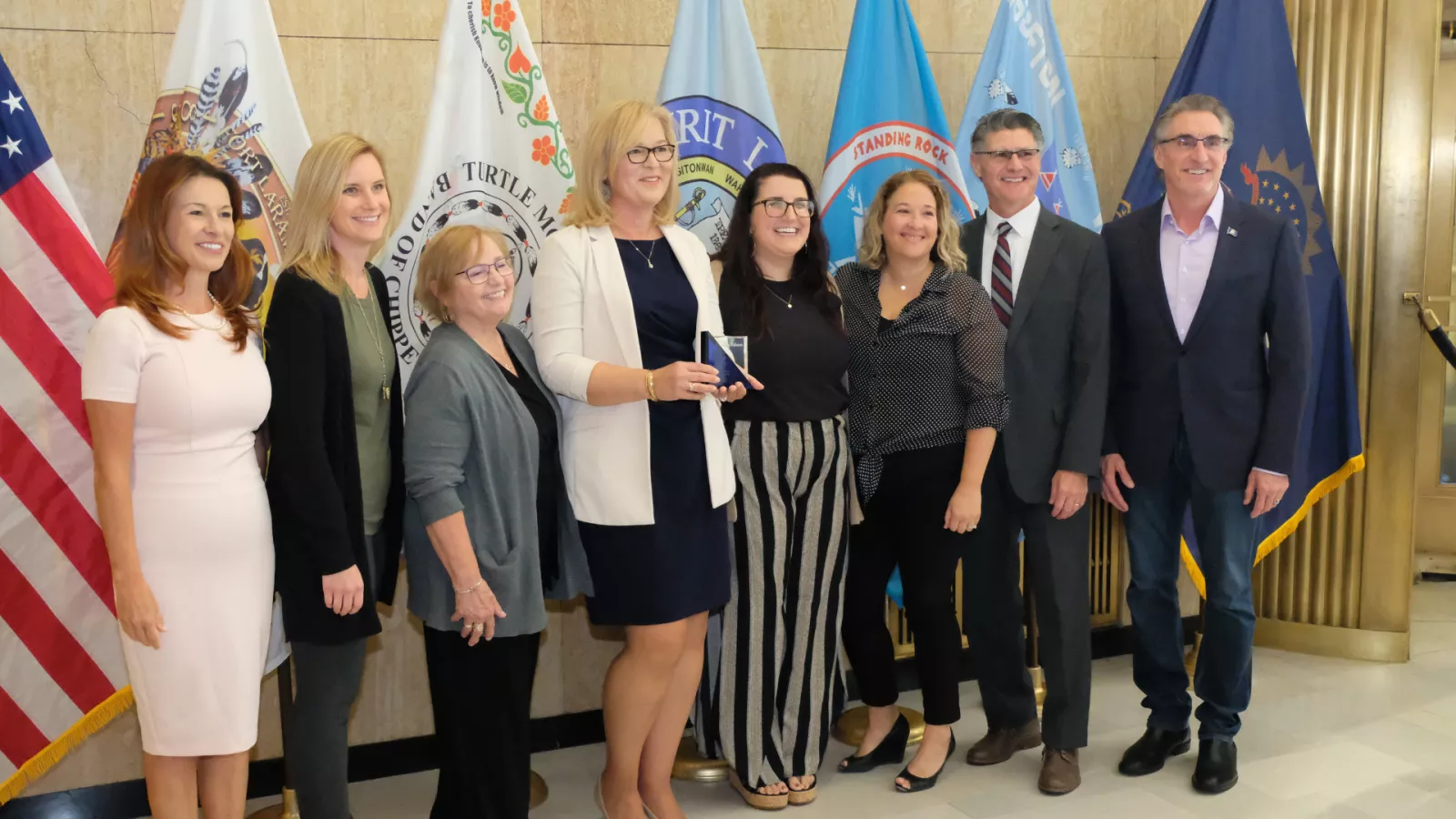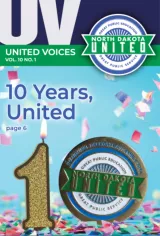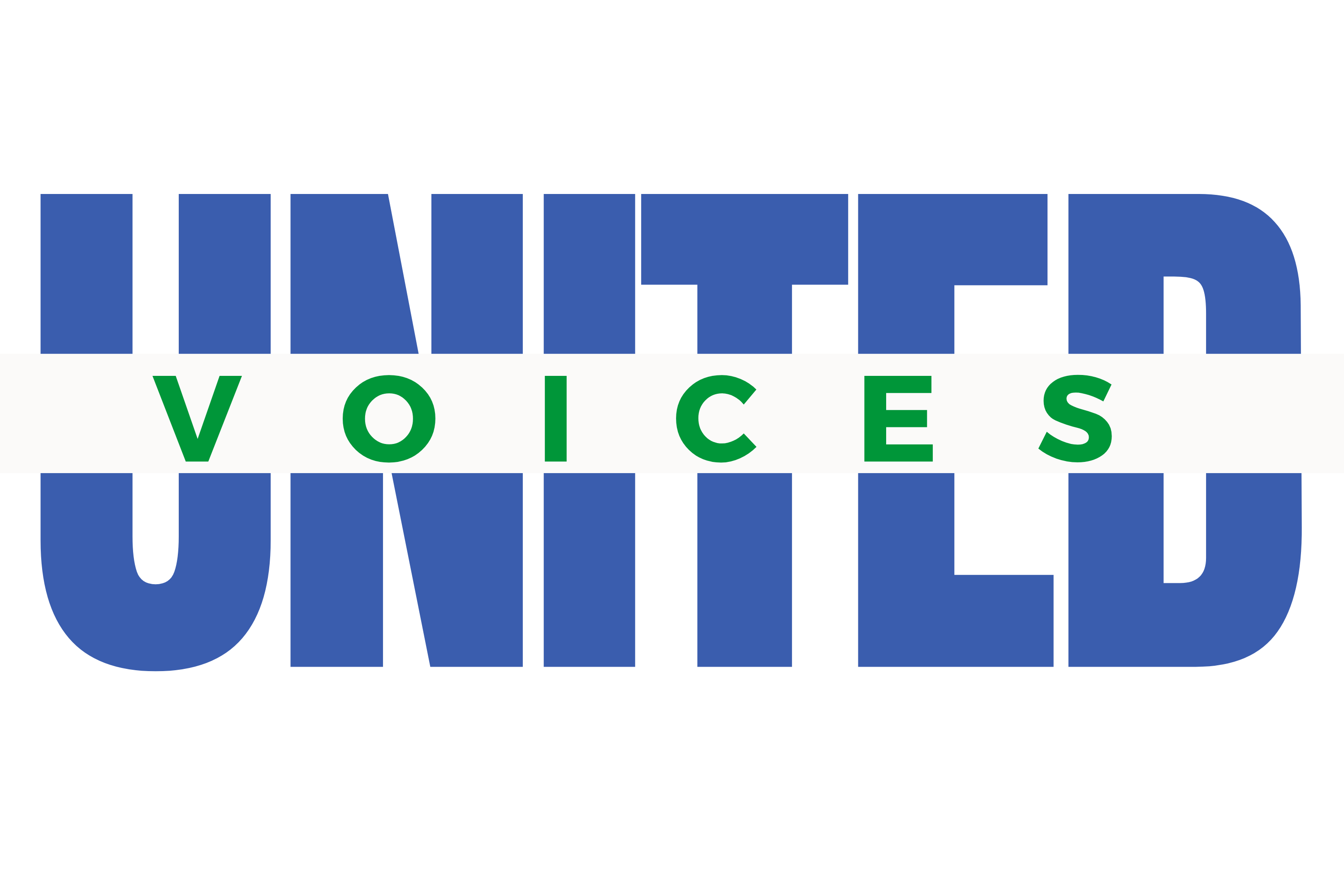2024 ND Teacher of the Year
This year, a total of 146 educators were nominated from 48 counties. Out of those, 83 then applied for a county award. The applications were then reviewed and scored, and County Teachers of the Year were selected from 41 counties. Nominations came from students, family members, teachers and school administrators.
The NDTOY review committee (consisting of a former NDTOY and representative of North Dakota United, as well as representatives from NDCEL, NDCTE, NDDPI, NDSBA and nonpublic schools) reviewed and scored applications. Four finalists were selected for consideration as the 2024 ND Teacher of the Year.
The finalists are:
- Andee Mattson, of Rugby, a music teacher at Ely Elementary in Rugby
- Sheila Peterson, of Mandan, a physical education teacher at Bismarck’s Wachter Middle School
- Trisha Schaefer, of Minot, a sixth-grade math teacher at Minot’s Erik Ramstad Middle School
- Megan Wasness, of Devils Lake, an English teacher at Devils Lake’s Central Middle School
The state Teacher of the Year will be announced at a public ceremony scheduled for 1 p.m. on Thursday, Sept. 28, at Memorial Hall in the state Capitol. Look for more coverage of this year’s recipient and the ceremony on our website, and in the December issue of United Voices.
Get to Know the Nominees
Andee Mattson
The elementary music teacher and fifth- and sixth-grade mixed choir director at Ely Elementary in Rugby, said that her goals as an educator are to make real-world connections with students and create moments that will resonate with them throughout their lives.

In an effort to connect her students with the community that surrounds them, she regularly plans public performances in front of crowds of supporters. “As a music teacher, community connections are a large part of my job,” Mattson said. “I have seven music programs and two choir concerts each year. In addition to that, my fourth graders always sing the National Anthem at a sporting event to conclude our unit of study on the Star Spangled Banner.”
Additionally, she brings students to participate each fall in the Surround the State in Song honor choir, and she started an in-house elementary music festival that takes place each spring. “This event simulates what a high school music contest will be like,” she said. “I bring in a judge, and students prepare pieces to perform. Parents are invited to attend. Nothing makes me more proud than seeing a fifth grader sing a solo in front of a room full of their peers and adults.”
She said that one of the ways that she hopes to build culture within her classroom is through her adoption of Music In Our Schools Month. “The National Association for Music Education celebrates this every March,” Mattson said. “In my experience, March is the perfect time to shake things up in the classroom. Winter is ending, and spring fever is starting to kick in. This is why I decided to make Music In Our Schools Month a month-long celebration of music and all of the exciting things it has to offer.”
Programs like these help Mattson instill a passion for music within her students at a young age, and she hopes they will hold that note for as long as they can. “One of my goals as an educator is to create life-long musicians,” Mattson said. “I believe experiences like these help create a love for music that will inspire them to carry music with them throughout their lives.”
Sheila Peterson
A physical education teacher and coach at Wachter Middle School in Bismarck, teaches her students that, in both sports and life, perspective is always important. Every person on the field, whether they’re playing the game, coaching, managing equipment, keeping statistics, officiating or cheering from the stands, plays an essential role.
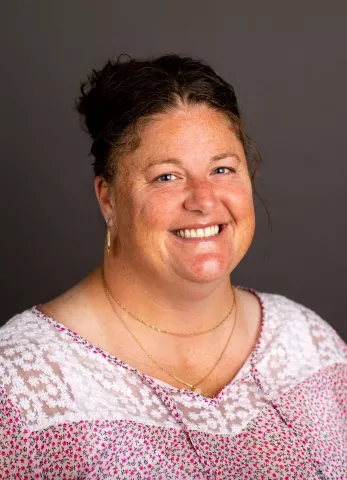
“I want students to understand that PE is not about wins and losses but doing good things for your physical and mental health,” Peterson said. “It is essential that students leave understanding why a healthy body is important. It is essential to keep my students wondering what weird thing we are going to do today. I hope by teaching strange games and incorporating weird activities they have never before seen can engage all my students. Multiple modalities in delivery of activities lead to engagement of all students, not just my best athletes.”
Along with teaching physical education at Wachter, she was asked to build a new course centered around building life skills. “In May of 2022, my principal approached me about teaching a new class called Peer to Peer,” Peterson said. “This class matches mentors and mentees of different abilities to promote inclusion, acceptance and awareness, leadership skills and, most importantly, make sure every student feels they belong in our building.”
Peterson credits two of her peers in education – Sara Bohrer from Century High School in Bismarck, and Maggie Williams from Mandan Middle School – for their assistance in building the curriculum for their Peer to Peer program. “To be the best, ask the best!” she said. Students applied to be peer mentors in the program, and were selected based on their teacher reference, behavior, grades and character. Case managers nominated student mentees, and parents of the students nominated were asked to invite their children to participate.
It was important to Peterson and everyone who helped build the program that students got to know each other as people before learning about differences in ability. “My vision was for all students to experience having a friend, being invited to events, and most importantly, know they have a place to belong,” Peterson said.
Trisha Schaefer
Currently teaches sixth-grade math, language arts, science and social studies at Erik Ramstad Middle School in Minot, actually began her career as an educator by teaching music. After 15 years in music education, with stints in Bullhead City, Ariz., Ryder, Makoti and Plaza, and at Jim Hill Middle School and Bel Air Elementary in Minot, she transitioned into teaching general education.
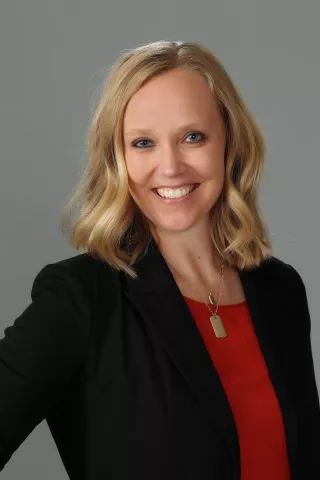
The common link between successfully teaching music and general subjects is by showing students all that they can accomplish by working together. Building community inside and outside the classroom is the key to unlocking any student’s potential, and Schaefer said she “believes students will excel in a safe, positive, caring environment.”
“In my sixth-grade math classroom, we begin each year by taking a ‘family picture’ and creating family/classroom norms,” Schaefer said. “Students brainstorm what our classroom should look like, sound like and feel like. We create a list of specific norms, and after agreeing on them, create and sign a document that includes both our class picture and class norms. This special document is hung in our classroom and remains in students’ folders to serve as a reminder of the way we do things in our classroom.”
Each of her students also has a family structure outside of the classroom, as well, and Schaefer says that getting buy-in from parents is critical to ensuring student success. “I greet students and parents with a warm smile and assure them that I am available to answer questions or address concerns,” she said. “I ensure that students and families are aware of my high expectations from the very beginning. I remind all stakeholders that we’re a team, that we all want our students to succeed and that we’ll work together to do what’s best for each student.”
Schaefer said she believes that “celebrating student success builds confidence and morale.” Similarly, she feels that her educator peers need to be celebrated for the great work they all do, too.
“Last fall, I received the incredible honor of becoming Minot Education Association’s 2022 Teacher of the Year and was given the opportunity to speak at Minot Public Schools’ back-to-school gathering,” Schaefer said. “I was grateful to have the privilege of showing appreciation for my colleagues and encouraging them to continue doing their best for our students.”
Megan Wasness
A seventh- and eighth-grade English teacher at Central Middle School in Devils Lake and finalist for North Dakota Teacher of the Year, believes firmly in her heart that schools need to be inclusive and welcoming environments for students to feel comfortable, safe and supported. “Teachers do not become educators to teach some students,” Wasness said, “They become teachers to teach and impact the lives of all students.”
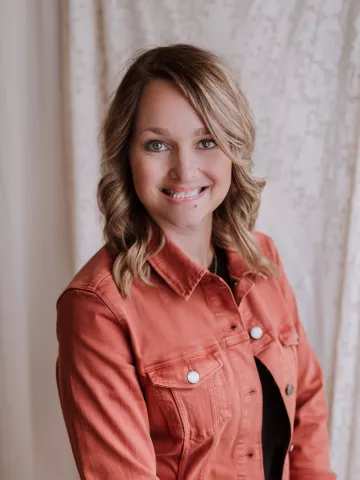
Wasness says that she is an innovative educator who “incorporates cultural relevance, technology, critical thinking and real-life experiences into her lessons.” Because of this, she feels she is better able to connect with, engage and inspire her students.
For the past two years, Wasness participated in the Devils Lake Leadership Academy through NDSU, and in her last semester of the academy, she conducted a School Culture Inquiry Action Plan focused on school vibrancy. “A vibrant school is one where creativity, expression and intellectual exploration are encouraged,” she said. “My final action plan was to provide PD for staff on how to introduce controversial topics and allow students to explore them. This was one area that both students and staff rated low for CMS. Many staff steer clear of any controversial topic due to today’s political climate. Teachers are nervous (about) the repercussions of saying the wrong thing, so many squash debatable issues.”
Wasness believes that providing training to her colleagues on how to introduce controversial topics will help staff to feel more comfortable when students ask questions about difficult topics. “Oftentimes, students who don’t feel comfortable or welcomed in the classroom feel unseen or unheard because their gender identity, political beliefs, religion or ethnicity is surrounded by controversy,” Wasness said. “Not talking about the issues in a school-appropriate way only widens that divide for those students.”
If given the chance to speak in front of educators across the state, Wasness said she would love to tell them that their passion and dedication to students is needed now more than ever. “The toughest parts of teaching — decreased engagement/motivation and the increase in behavioral needs — are both the reason why teachers are quitting and the reason why students need quality teachers to educate and guide them. … As teachers continue to leave the profession in staggering numbers, something needs to change.”
